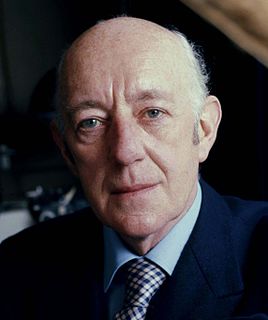A Quote by Randy Pausch
Proper apologies have three parts: 1) What I did was wrong. 2) I feel badly that I hurt you. 3) How do I make this better?
Related Quotes
How many times in life can we make decisions that are important but will not hurt anyone? Are we obligated- maybe we are- to say yes to any choice when no one will be hurt? We use the word hurt when talking about things like this because when these things go wrong it can feel as if you were hit in the sternum by a huge animal that's run for miles just to strike you.
If we have goals and dreams and we want to do our best, and if we love people and we don’t want to hurt them or lose them, we should feel pain when things go wrong. The point isn’t to live without any regrets, the point is to not hate ourselves for having them… We need to learn to love the flawed, imperfect things that we create, and to forgive ourselves for creating them. Regret doesn’t remind us that we did badly — it reminds us that we know we can do better.
At one time or another the more fortunate among us make three startling discoveries. Discovery number one: Each one of us has, in varying degree, the power to make others feel better or worse. Discovery two: Making others feel better is much more fun than making them feel worse. Discovery three: Making others feel better generally makes us feel better.
I have since talked to some of my girlfriends sexual assault and found out that they had their own experiences that they never shared at the time. It was never talked about it. And I think it's because of that normal response - you feel badly, you feel responsible, you feel guilty, you feel like you did something wrong, you feel ashamed.
We live in an age of apologies. Apologies, fake or true, are expected from the descendants of empire builders, slave owners and persecutors of heretics, and from men who -in our eyes- just got it all wrong. So, with the age of 85 coming up shortly, I want to make an apology. It appears I must apologize for being male, white, and European.
I did a lot of screaming in 'The Originals,' and I hurt my voice so badly that I said, 'I can't scream if you want me to be able to work for, like, the next three days.' So, what I usually do is that I scream once in the season, and we'll just use that scream, all throughout, or extend it, or do whatever we need to do.
It occurred to me, then, how nearly real life resembles the first rehearsal of a play. We are all of us stumbling through it, doing our best to say the proper lines and make the proper moves, but not quite comfortable yet in the parts we've been given. Still, like players who trust that -despite all evidence to the contrary- the whole mess will make sense eventually, we keep on going, hoping that somehow things will work out for the best.
Do you have any idea how much I love you?” he asked. ”Enough to accept my apologies?” I suggested in a small voice. ”Heck no,” he said, and pushed off from the wall, stalking forward. When he reached me, he put his hands up and touched the sides of my neck with the tips of his fingers – as if I were something fragile. ”No apologies from you,” he told me, his voice soft enough to melt my knees and most of my other parts.




































